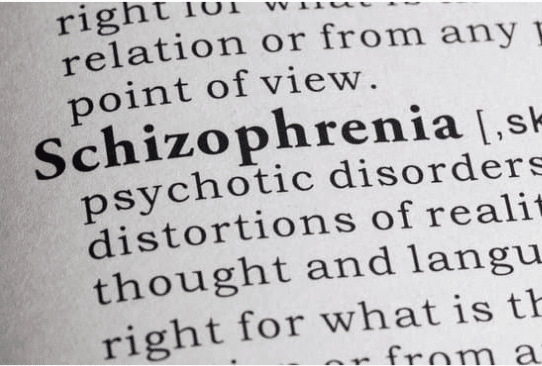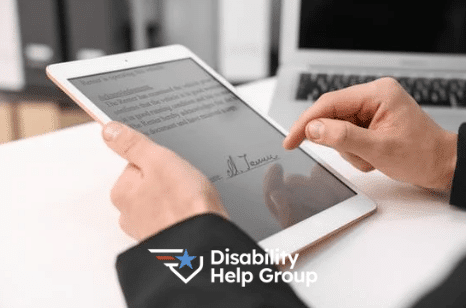Getting Disability Benefits for Schizophrenia
About 1% of Americans suffer from schizophrenia. Like most mental disorders, schizophrenia varies in symptoms and severity. In other words, some people with schizophrenia will meet the Social Security Administration’s (SSA’s) definition of “disabled.” Others will not.
Signs and Symptoms of Schizophrenia
Common symptoms of schizophrenia include:
- Delusions
- Hallucinations
- Disorganized thinking
- Unusual motor behavior
- Flat affect
- Social withdrawal
- Depression
To secure Social Security disability (SSD) benefits for schizophrenia, a person must either:
- Meet or equal a listing in the Social Security Blue Book, or
- Establish that they are disabled through a more complex analysis involving information about their capacity to work, educational level, age and other factors
Either approach requires thorough medical documentation.
Demonstrating Disability for SSD Purposes
Schizophrenia is assessed under section 12.03, “Schizophrenia spectrum and other psychotic disorders. In order to meet that listing, an applicant must have medical documentation of one of the following three symptoms:
- Delusions or hallucinations
- Disorganized thinking
- Grossly disorganized behavior or catatonia
In addition, the application must show either:
Extreme limitation of one or marked limitation of two of the following:
- Ability to understand, remember or apply information
- Ability to interact with others
- Ability to concentrate, persist, or maintain pace
- Ability to adapt or manage themself
OR
That the condition is serious and persistent, which means showing medical documentation spanning at least two years and reflecting:
- Ongoing medical treatment that diminishes symptoms, and
- Minimal capacity to adapt to changes in environment or new demands
If an applicant doesn’t meet the Blue Book criteria, they may still qualify for SSD through the “grid rules.” The grids take into account the applicant’s residual functional capacity (ability to perform work despite limitations caused by the medical condition), their age, their educational level, the type of past work they have done, and whether skills from that work are transferable.
An Experienced SSD Advocate Can Be Your Best Resource
When you apply for SSD benefits due to schizophrenia, the right evidence and documentation can make all the difference. It can be difficult to work out exactly what the SSA wants to see, and ensure that you provide everything required without overwhelming the record. Fortunately, our experienced advocates have an in-depth understanding of what the SSA is looking for and how to present that information. To learn more about how we can help, call 800-800-3332 right now, or fill out our contact form.







